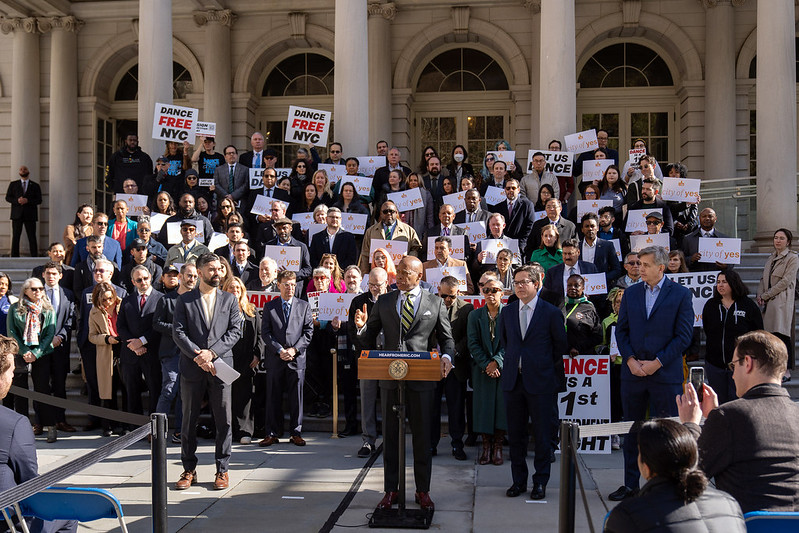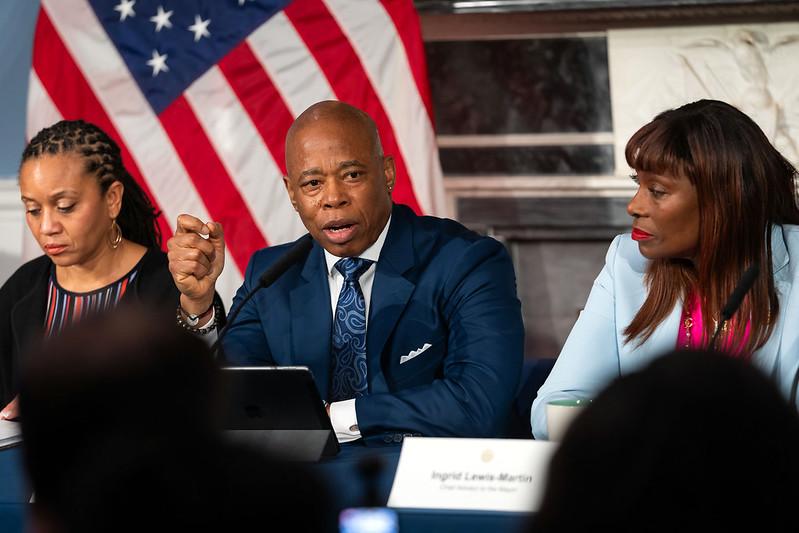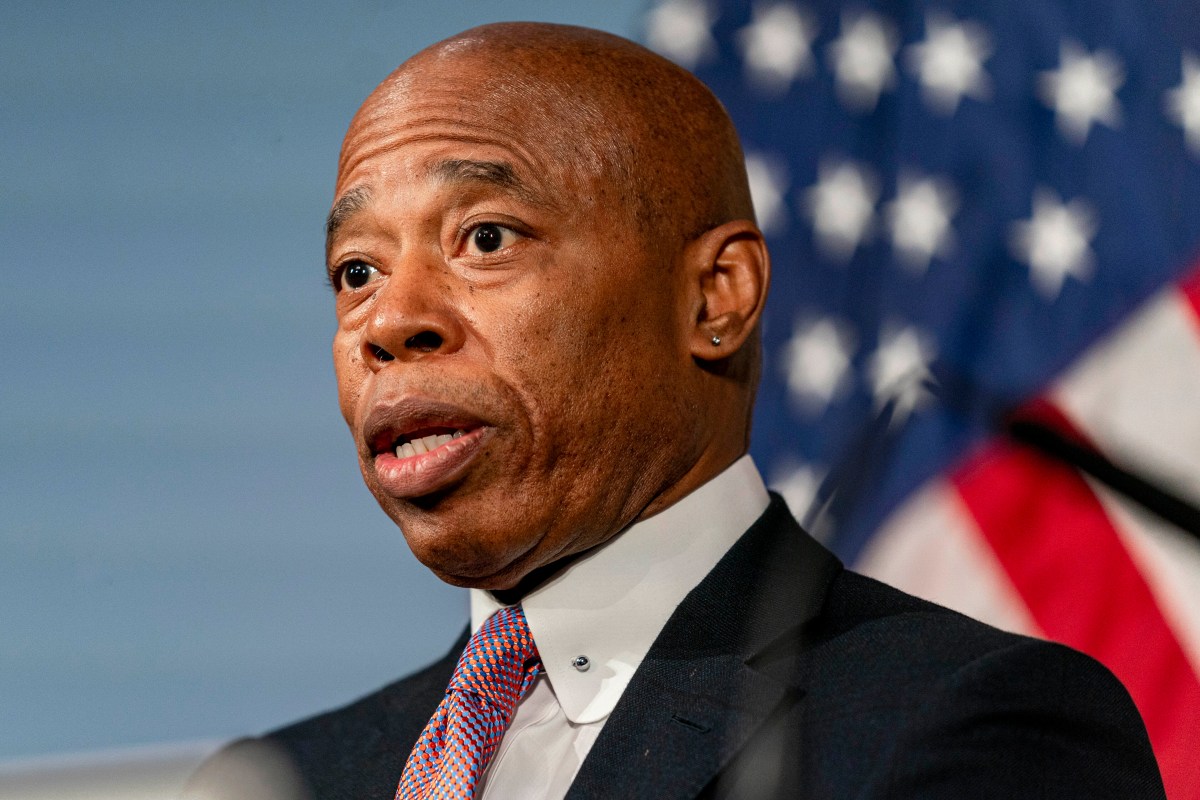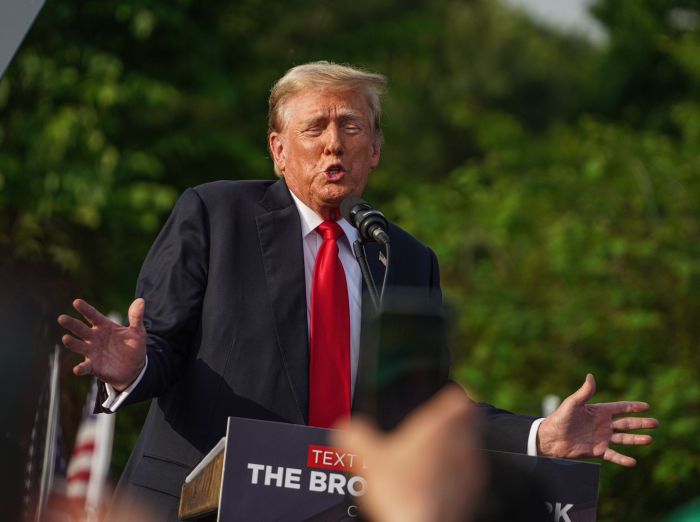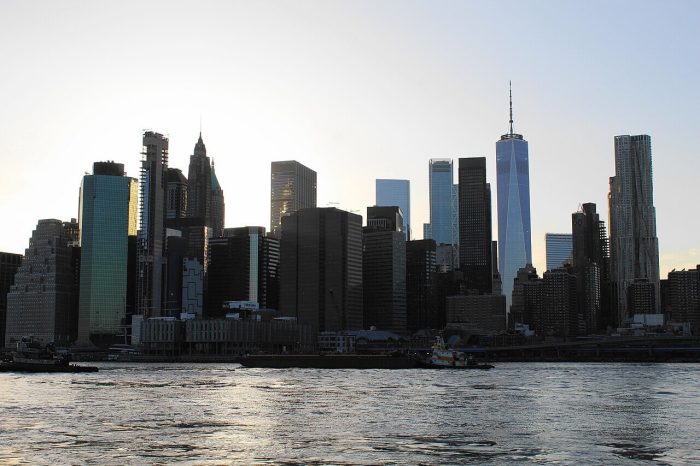The World’s Paramedic
As if the U.S. and the world didn’t have enough problems-chief among them ISIS’ violent onslaught in Iraq and Syria and Sovietophile Vladimir Putin’s sabre-rattling-along came Ebola.
The horrifying virus has caused wide-spread fear and panic throughout the world. So far, about half of its victims-the vast majority of whom are in west African nations such as Liberia, Nigeria, Sierra Leone and Guinea-have died.
Even so, President Barack Obama committed 4,000 American troops to the epidemic zone to assist in efforts to contain the disease. These soldiers are responsible for constructing makeshift hospitals, securing quarantine areas and offering logistical assistance to governments that have, to date, struggled mightily to instill calm and control amid the crisis.
In the most recent conflicts and military operations, American soldiers are inoculated for almost every kind of disease common to the region where they are assigned, including anthrax, typhus and malaria. Though research is ongoing-and though a breakthrough appears imminent-an Ebola vaccine is still not available, especially to the soldiers who need it the most.
Right now, containment and sanitation are the most effective tools at combating Ebola-but neither is a guarantee at stopping it. Evidence of this can be found in Dallas, Tx., where two nurses who cared for the first patient to die of Ebola in America contracted the disease, even after apparently following the proper protocol.
Terrible as the Ebola crisis is, it’s mortifying to send American soldiers to fight a war against a microscopic enemy without guaranteeing their safety with a vaccine. It’s the equivalent of sending our soldiers to fight without proper armor or guns.
We once tried going to war with whatever we had, and it backfired terribly. We’re doing the same thing again, only this time, no soldier can see this enemy with the naked eye. It’s all the more terrifying and a sure recipe for catastrophe.
Think back to the debates over the last decade regarding American involvement in Iraq. Many questioned about whether the U.S. had an “exit strategy” for ending the war and getting our troops home. What is the exit strategy for the war on Ebola? What if our efforts aren’t enough to stop the disease from its bloody rampage? What if hundreds of our troops fall ill there? What if they fall ill shortly after coming home (Ebola has an incubation period of up to 21 days after exposure)? Who else would the infected soldiers infect?
Do we have enough isolation units to care for them and for any citizens on this side of the Atlantic who may fall ill? We already had one unknowingly infected (but knowingly exposed) man slip through airport checks, arrive in America, become symptomatic and die of the disease here. How can we hope to take on Ebola overseas without finding proper ways to guard our own turf against it?
We appear to be taking a one-front approach to Ebola, even though we know the disease is very capable of attacking on multiple fronts.
Amid all these concerns, there also again arises the question about our status in the world. We are looked upon as the world’s police officer. Whenever there is trouble, everybody turns to us first to stop it-not the United Nations, not NATO, not Russia. More often than not, we rise to the occasion, at our own expense and sacrifice; few others step up.
Now, we’re being looked upon as the world’s paramedic. We’re being asked to fight a virulent contagion still without a vaccine. We’re putting ourselves on the line and making incredible sacrifices again on a mission with no guarantee of success.
We’re already stretched too thin, and a superpower alone can only do so much. The rest of the world must step up and sacrifice with us.











